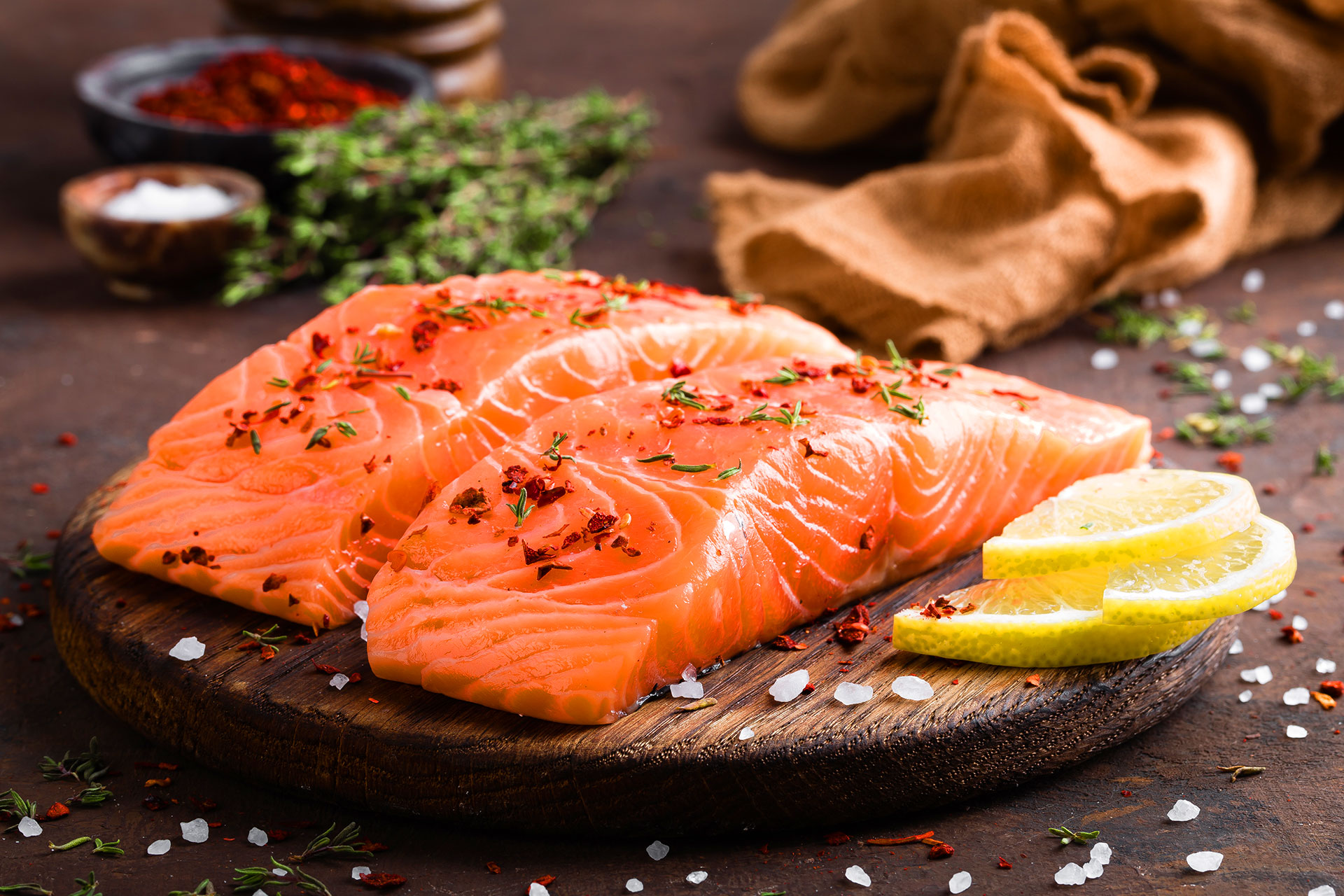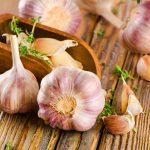Your Monthly Dose of Wellness and Performance Insights Welcome to your wellness newsletter! This month, we're diving into some exciting research that could give your workouts a serious boost and help you recover faster. We'll be exploring a recent study on a powerful natural antioxidant called astaxanthin and its effects on cycling performance and muscle …
Your Monthly Dose of Wellness and Performance Insights
Welcome to your wellness newsletter! This month, we’re diving into some exciting research that could give your workouts a serious boost and help you recover faster. We’ll be exploring a recent study on a powerful natural antioxidant called astaxanthin and its effects on cycling performance and muscle health in young, active adults.
What is Astaxanthin?
You might not have heard of it, but you’ve likely seen its vibrant red-orange pigment in nature. Astaxanthin is the compound that gives salmon, shrimp, and flamingos their characteristic color. It’s a type of carotenoid, a family of potent antioxidants that our bodies can’t produce on their own. We get them from our diet, and as this new study suggests, supplementing with astaxanthin could offer some significant benefits for those of us who enjoy an active lifestyle.
A Boost for Your Bike Ride
The study, published in a peer-reviewed scientific journal, investigated whether short-term astaxanthin supplementation could act as an “ergogenic aid.” Simply put, an ergogenic aid is any substance that can enhance physical performance, giving you a safe and effective edge.
In this randomized controlled trial, ten physically active young men were given either 28 milligrams of astaxanthin per day or a placebo for four days. On the fourth day, they undertook an exhaustive cycling challenge to see how long they could last.
The results were striking. The group taking astaxanthin was able to cycle for an average of over 13 minutes longer than the placebo group—a significant improvement in their time to exhaustion. This suggests that astaxanthin could be a valuable tool for enhancing endurance.
Protecting Your Muscles from Wear and Tear
Intense exercise, while great for our health, also causes temporary muscle damage and oxidative stress. Think of oxidative stress as a form of “rusting” at the cellular level, caused by an imbalance between free radicals and antioxidants in your body. This can lead to that all-too-familiar post-workout muscle soreness.
The researchers looked at specific biomarkers in the participants’ blood that indicate muscle damage and oxidative stress. Here’s what they found:
- Less Muscle Damage: Levels of two key enzymes that leak out of damaged muscles, creatine kinase (CK) and lactate dehydrogenase (LDH), were significantly lower in the astaxanthin group after their grueling bike ride. This points to astaxanthin’s ability to protect muscles during strenuous activity.
- Reduced Oxidative Stress: The study also measured malondialdehyde (MDA), a marker of lipid peroxidation, which is essentially damage to the fatty membranes of our cells caused by oxidative stress. The astaxanthin group showed substantially lower levels of MDA, indicating that the supplement helped to shield their cells from exercise-induced oxidative damage.
Interestingly, the study found that astaxanthin didn’t seem to affect inflammatory markers or how the body used its fuel sources (like fats and carbohydrates) during exercise. It also had no negative impact on the participants’ mood.
What This Means for You
This research offers compelling evidence that short-term astaxanthin supplementation could be a simple yet effective strategy for anyone looking to improve their endurance and reduce the toll that intense workouts take on the body. By helping to mitigate muscle damage and oxidative stress, astaxanthin may allow you to train harder, recover faster, and ultimately, reach your fitness goals more efficiently.
As with any supplement, it’s always a good idea to consult with your doctor or a registered dietitian to see if it’s right for you. But for active individuals, this powerful antioxidant from the sea could be the key to unlocking a new level of performance and well-being.








